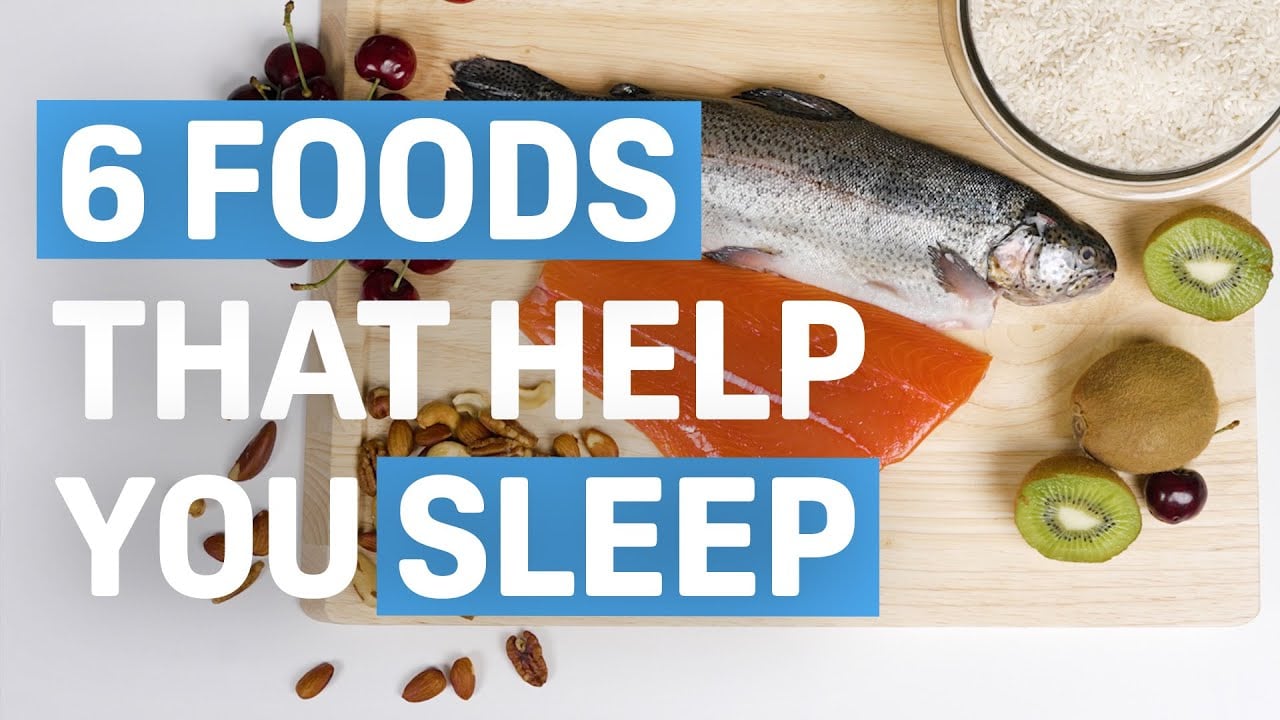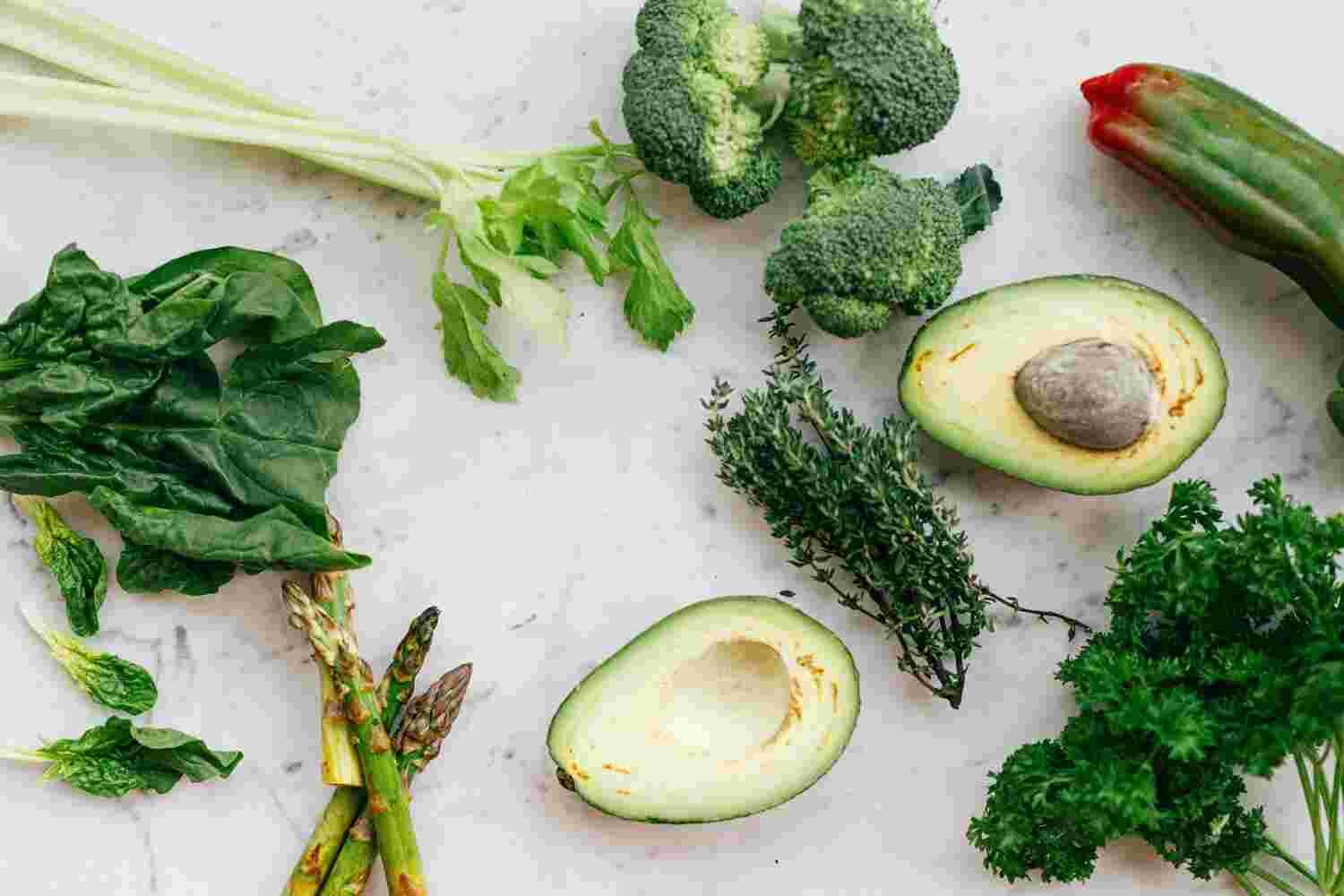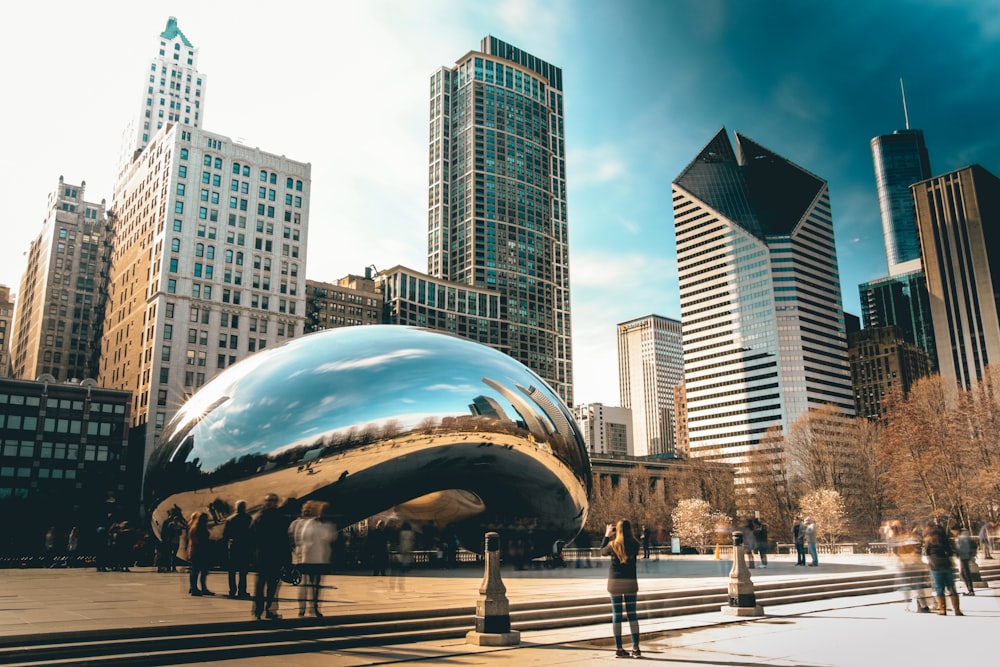
Calm Cuisine: Unlocking Effective Diet Tips for Anxiety Relief
Managing anxiety involves a holistic approach, and one often overlooked aspect is the role of diet. Explore this comprehensive guide to discover practical diet tips that can contribute to alleviating anxiety and promoting a sense of calm.
Understanding the Gut-Brain Connection
The gut-brain connection is a fascinating link that highlights the impact of the digestive system on mental health. Certain foods can influence gut bacteria, affecting mood and anxiety levels. Prioritizing a diet rich in fiber, fermented foods, and probiotics supports a healthy gut microbiome, potentially contributing to reduced anxiety.
Balancing Blood Sugar Levels: A Key to Anxiety Management
Fluctuations in blood sugar levels can trigger anxiety symptoms. Consuming meals and snacks that include complex carbohydrates, lean proteins, and healthy fats helps stabilize blood sugar levels. This balanced approach provides a steady release of energy, reducing the likelihood of anxiety-inducing blood sugar spikes and crashes.
Incorporating Serotonin-Boosting Foods
Serotonin, a neurotransmitter associated with mood regulation, can be influenced by diet. Foods rich in tryptophan, such as turkey, chicken, nuts, and seeds, contribute to serotonin production. Including these foods in your diet supports a positive mood and may play a role in managing anxiety.
Omega-3 Fatty Acids for Anxiety Reduction
Omega-3 fatty acids, found in fatty fish, flaxseeds, and walnuts, have anti-inflammatory properties that may benefit mental health. Research suggests that these essential fats can potentially reduce anxiety symptoms. Including omega-3-rich foods in your diet contributes to overall well-being and anxiety reduction.
Limiting Caffeine and Stimulants
Caffeine and other stimulants can exacerbate anxiety symptoms in some individuals. Monitoring and moderating the intake of caffeinated beverages, energy drinks, and stimulant-containing foods can contribute to a calmer nervous system and aid in anxiety management.
Hydration for Stress Reduction
Dehydration can amplify feelings of stress and anxiety. Ensuring adequate hydration by drinking enough water throughout the day supports overall well-being. Hydration is a simple yet effective way to promote a sense of calm and reduce the physical symptoms associated with anxiety.
Mindful Eating Practices: Cultivating a Calm Relationship with Food
Practicing mindful eating involves being present during meals, savoring each bite, and paying attention to hunger and fullness cues. This approach fosters a calm relationship with food, reducing stress and anxiety associated with rushed or mindless eating habits.
Avoiding Trigger Foods: Tailoring Your Diet to Reduce Anxiety
Certain foods, such as processed foods, excessive sugar, and artificial additives, can contribute to anxiety symptoms. Keeping a food diary can help identify potential trigger foods. A personalized approach that involves avoiding or moderating these triggers supports anxiety reduction and overall well-being.
Herbal Teas and Relaxation Elixirs
Incorporating calming herbal teas, such as chamomile, lavender, or passionflower, into your routine can have soothing effects on the nervous system. These relaxation elixirs provide a gentle way to unwind and may contribute to managing anxiety. Enjoying a warm cup in moments of stress can be a comforting ritual.
Seeking Professional Guidance: Customizing Dietary Approaches
While these tips offer general guidance, individual responses to foods and dietary changes vary. Consulting with a healthcare provider, nutritionist, or registered dietitian is essential for customizing dietary approaches to your specific needs. Professional guidance ensures a tailored and effective strategy for managing anxiety through diet.
Incorporating Tips for Managing Anxiety Through Diet into Daily Life
In conclusion, integrating these diet tips into your daily life can be a proactive step toward managing anxiety effectively. For more insights and additional information on anxiety management through diet, you can explore here. Remember, combining dietary changes with other holistic approaches can contribute to a comprehensive strategy for anxiety relief.





